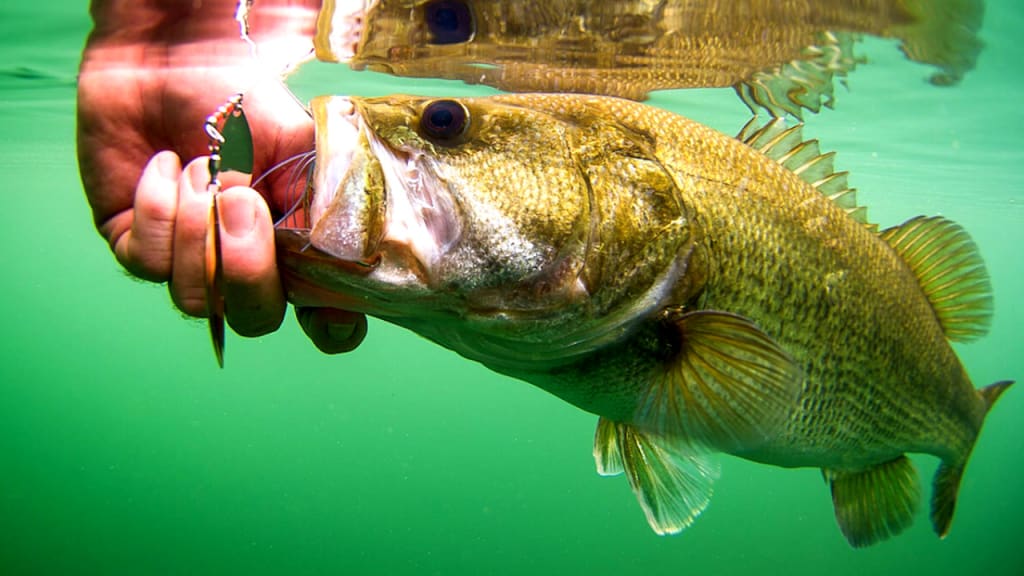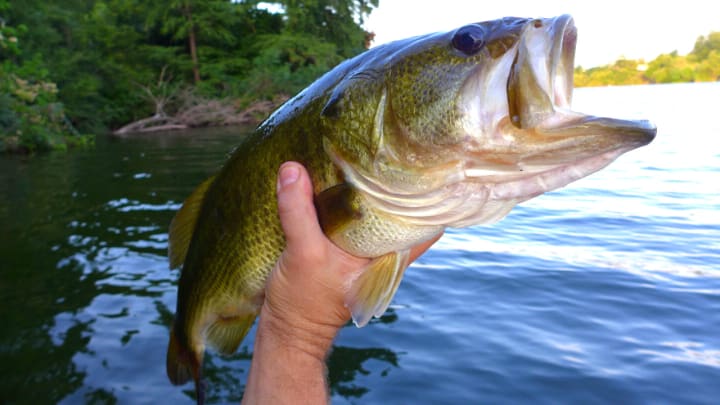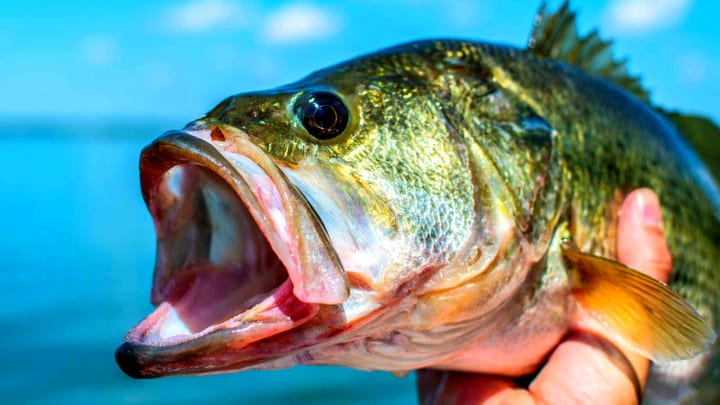Fishing Adventure: How to Not Scare Your Fishes Away
Tips for a successful fishing adventure.

Fishing is one of the oldest crafts known to man and has been practiced for thousands of years. Of course, it was one of man’s ways of survival in the old days when it was practiced solely for food production. Unsurprisingly, the art of fishing is still very much active and practiced around the world today.
However, thanks to the introduction of several types of equipment, the craft has since been upgraded to feature more skills and methods, and it is now practiced for many more reasons. But one thing that has remained constant is the fish and the fact that you need basic fishing skills to catch them.
From an expert point of view, fishing is a very straightforward practice. However, it can prove challenging for amateurs and newbies who do not know how to do it. One of the first things to learn in the craft is how to not scare your fishes away, which is a no-brainer, considering that the fishes are what you are after.
Yes, it is possible to scare fishes away while trying to lure or catch them, and that’s precisely what you will be doing if you don’t understand the basics of fishing. This article will teach you how to avoid this by highlighting basic fishing skills.
What is Fishing and Its Types?
In simple terms, fishing is catching fish or an activity in which one tries to catch a fish. This activity often occurs in natural environments where the fishes are caught as wildlife, or in stocked water bodies like lakes, ponds, canals, and reservoirs, with permission from the presiding authorities.
Fishing is widespread worldwide, and the motives for this may differ. However, the goal has remained the same; to catch fish.

Of course, the main reason for fishing is to find food, and humans have been feasting on this delicious seafood for many years. Many people have adopted this activity as a commercial means of livelihood where they catch and sell these fish, while others only partake in the act as a recreational activity. Fishing has also been introduced as a sport where experts compete against each other while catching fish.
Many techniques can be used for fishing, including shooting, handpicking, netting, and spearing, but none is as famous as angling. Angling is the process of catching fish using a hook and a line. It may not be the first fishing technique introduced, but it certainly is the most popular across different countries. The hook is attached at the end of s line, and bait is placed on it to attract targeted fishes. This fishing technique has been favored for many years, but it is no easy skill to master.
The Basic Skills of Fishing
As unbelievable as it may sound, many anglers who set out to catch fish end up scaring the fish away for one reason or another. Well, there are a few reasons for this, but it is mainly because they neglect the basics or are not conversant with it at all.
Whichever set you belong to, you may need to reacquaint with these basics that, includes;
- Safety First: Like with every other craft, your safety should be your priority before any other thing, especially as a beginner. Of course, the chances of getting bit by a fish are not up there, but you may need to bring a first aid kit, just in case. You must also wear fishing gear, apply sunscreen, and take a bottle of water to avoid getting dehydrated.
- Know Your Tools: Again, the basic rules of any craft require you to understand your tools, and fishing is no different. The ideal fishing tool is the fish hook or angle, as it is also called. It is a hook attached to a line and pierces into the mouth of target fishes. The fishes are lured to the hook by a bait often made of natural prey like worms and insects.
- Know When To Fish: Indeed, fishes always live in water, but there is no guarantee that you can access them whenever you want. In fact, experts advise that certain times and seasons are best for fishing, depending on the type of fish you wish to catch. Hence, you need to identify the type of fish you intend to catch and study the best time to fish them.
How to Not Scare Your Fishes Away
Understanding the basics of fishing is essential to the outcome of your fishing trip as a beginner. However, it is only the first step to ensuring you have a good time on the water. Next, you must learn to lure in the fish and not scare them away.
This can be a challenging task because fishes are naturally shy and would often run for cover once they notice foul play. Hence, ensuring they do not figure out your game before getting caught in your hook is essential.
The first step in this process is luring the fish to your trap, and you will need good bait for this. Baits are appetizing substances impaled on hooks to attract fishes. You can purchase natural bait available at bait shops or choose to settle for artificial lures, depending on your preference. Selecting the right bait is critical, and natural baits like worms, insects, and small fishes have proven more effective for the task.

Finally, not scaring the fishes away requires utmost carefulness and diligence. Fishing is already a task that requires patience because fishes are fond of hiding, and you can quickly get frustrated if you do not have this essential skill. The slightest noise or disturbance in the water can scare fish away.
Hence, you must be gentle with your approach and avoid sudden moves that reveal your intentions to the fishes. Also, it would help if you learned to camouflage your hook’s movement and appearance so it doesn’t look suspicious.
Conclusion
Fishing is a very satisfying venture, whether you are in it for food, money, sport, or entertainment.
However, you must have the fishing tools and skills needed for a successful fishing experience. One of the basic skills to master is how to not scare your fish away, and this article has explained how to manage this feat.






Comments
There are no comments for this story
Be the first to respond and start the conversation.